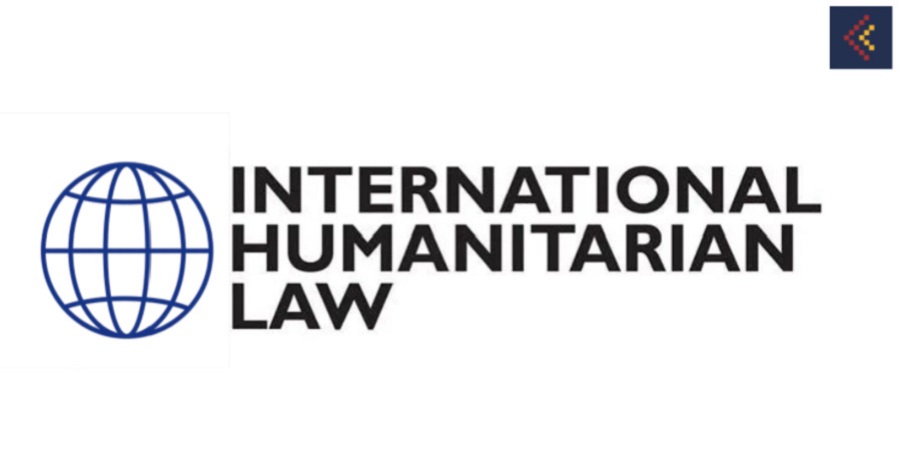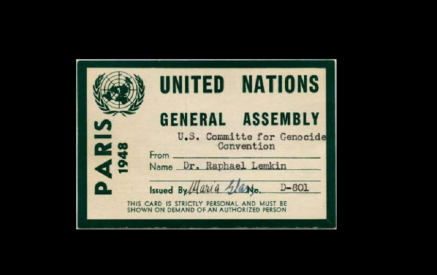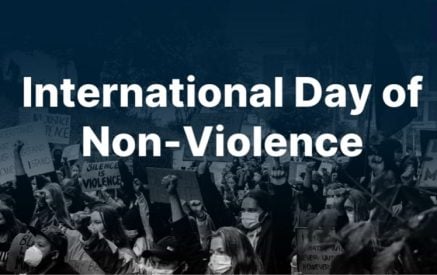August 12 is the International Humanitarian Law Day and yet another occasion to remind the world about the protection of the rights of the Armenian people of Nagorno-Karabakh—deprived of their fundamental rights and forcibly displaced from their historic homeland as a result of Azerbaijan’s war crimes.
August 12 is also significant because, on this day in 1949, the four Geneva Conventions—forming the foundation of international humanitarian law—were adopted. These conventions are designed to protect the rights of civilians, the wounded, the sick, and prisoners of war during armed conflicts, including safeguarding their lives, health, and dignity.
Since 1993, Azerbaijan has signed all Geneva Conventions and their Additional Protocols, thereby undertaking the direct responsibility to ensure the application of humanitarian law, including: adhering to the rules governing the conduct of armed conflicts to limit their destructive impact, protecting the rights of persons not taking part in hostilities, safeguarding prisoners of war from torture and racial hatred, and protecting cultural property.
In this context, it should be emphasized that international humanitarian law—being the body of rules applied during armed conflict and war—was intended to prevent and limit the grave consequences and destructive impact of the 44-day war in 2020 and the war that began on September 19, 2023, to protect the rights of persons not involved in military operations, and to restrict Azerbaijan’s use of unrestrained means and methods of warfare, its expansionist ambitions, and manifestations of racial hatred.
Read also
And although the Geneva Conventions of August 12, 1949 were intended to provide humanitarian assistance and protection to war victims, we have witnessed cases of torture of prisoners, inhumane treatment and humiliations, public executions, numerous incidents of enforced disappearances, and the alienation of an entire people from their own homeland.
Furthermore, although International Humanitarian Law should have protected civilian objects and safeguarded cultural heritage from attacks, we saw how Azerbaijan targeted medieval churches, schools, hospitals, kindergartens, and residential buildings from the very first days of the 44-day war. And although the application of international humanitarian law should also have restricted the use of certain weapons, the world witnessed how Azerbaijan turned the use of prohibited weaponry, as well as toxic and life-threatening substances, into an accepted strategy in its campaign against the Armenian people.
– The Human Rights Union of Nagorno-Karabakh Refugees notes that international humanitarian law is currently in a state of crisis and under serious pressure, and is at times even used to justify violence. In these circumstances, the international community must reaffirm the importance of protecting individuals during armed conflicts and take consistent action against human rights violations.
– We remind that the Geneva Conventions and their Additional Protocols—being the most widely ratified international documents in the world—oblige all signatory states, including Azerbaijan, to ensure their full implementation. We call on all states to make the enforcement of the Geneva Conventions a political priority.
– The Human Rights Union of Nagorno-Karabakh Refugees strongly condemns Azerbaijan’s gross violations of international humanitarian law, which continue even after the forced displacement of the Armenian population of Nagorno-Karabakh. Azerbaijan’s actions—including the closure of the Red Cross mission in the region, the blockade of humanitarian aid, discriminatory treatment of prisoners of war, torture, humiliation, and the denial of the right to a fair trial—contradict the principles of the Geneva Conventions.
– We call on the international community, states, and all responsible bodies to take immediate and decisive action to ensure the full implementation and protection of international humanitarian law, to guarantee the rights of prisoners of war, and to restore the right of safe and dignified return for the forcibly displaced Armenians of Artsakh.
The Human Rights Union of Nagorno-Karabakh Refugees

























































